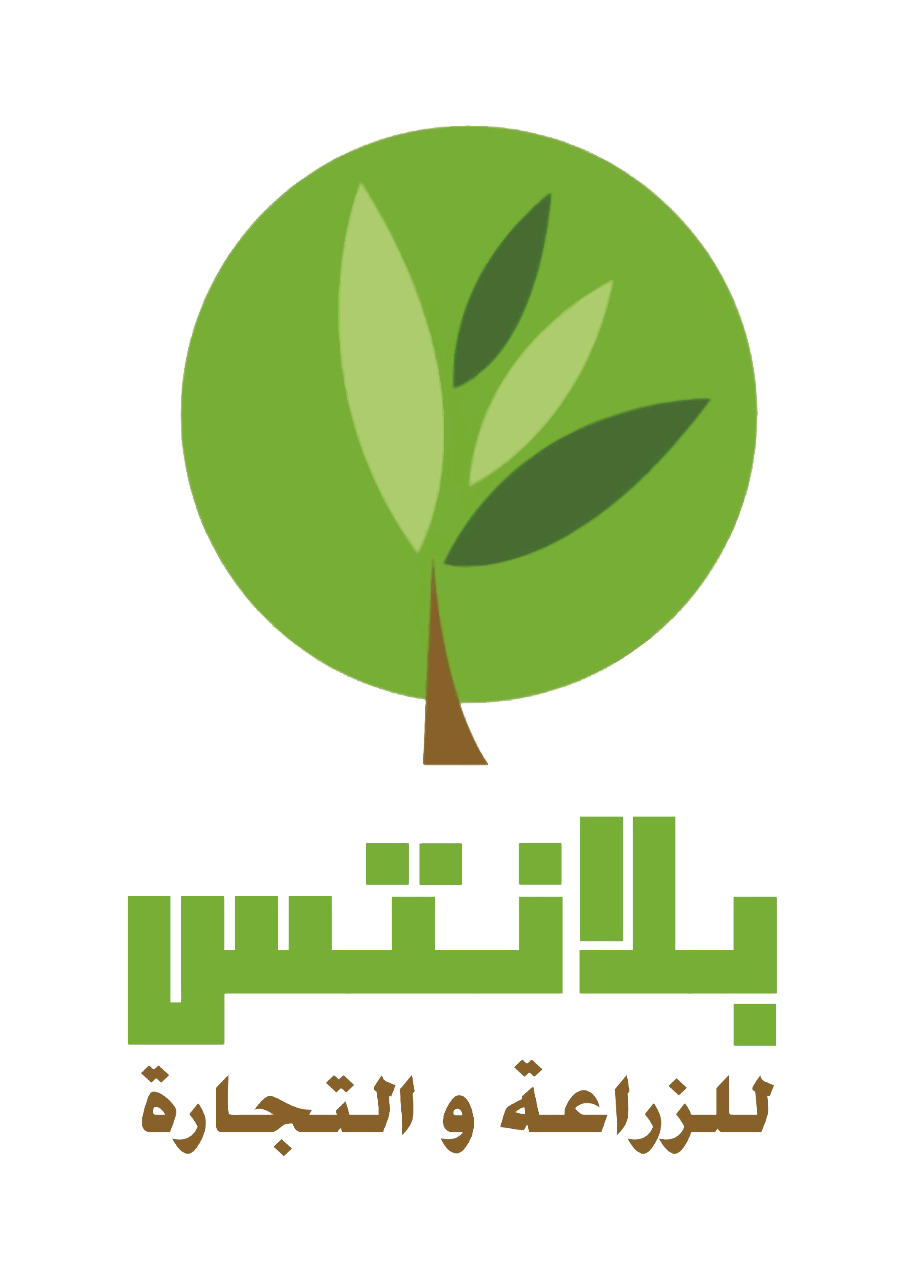- 24 Jan 2012
Cooperatives central to hunger fight
24 January 2012, Porto Alegre/Rome - Cooperatives and producer organizations will be increasingly important in efforts to eliminate hunger and reduce poverty around the world, FAO Director-General José Graziano da Silva told participants at the 2012 Thematic Social Forum in Porto Alegre, Brazil, during an official meeting with the Economic and Social Development Council (CDES) of Brazil.
Graziano da Silva attended the annual gathering of non-governmental organizations and social movements less than one month after taking the helm of the UN agency dedicated to improving food security.
The FAO chief noted that the United Nations had declared 2012 the International Year of Cooperatives, reflecting a renewed interest in, and the need for greater awareness of, the multi-faceted value of cooperatives.
Graziano da Silva said that FAO would be stepping up its collaboration with producer organizations and rural, food and agricultural cooperatives that give organizational, economic, and social clout to smallholder farmers, pastoralists and those who rely on fishing and forestry for their livelihoods.
"FAO needs strong cooperatives and producer organizations as key partners in the effort to eliminate hunger for some 925 million people, and to respond to the many challenges that face our world today. FAO is committed to seeking out and sharing evidence of the impact of cooperatives and producer organizations on food security at the global level, and to strengthening its ties with such groups," said Graziano da Silva.
Ranging from small-scale to multi-million dollar businesses across the globe, cooperatives operate in all sectors of the economy, both urban and rural. The International Cooperative Alliance estimates that they number over 800 million members.
In 2008, the largest 300 cooperatives in the world had an aggregate turnover of US$1.1 trillion, comparable to the gross domestic product (GDP) of many large countries.
Experience has shown that, when empowered by membership in a larger group, smallholder farmers and other producers can negotiate better terms in contracts, and lower prices for agricultural inputs like seeds, fertilizer and fishing gear. They can reduce risks and gain enough influence to secure land rights and better market opportunities.
"Cooperatives are paramount to creating a new social environment and helping to organize production. Without their contribution it would be very difficult to achieve food security on a sustainable level", says Adalberto Martins, one of the leaders of the Landless Rural Workers' Movement (MST) of Brazil and member of a small-scale farming cooperative.
Going to the source
Some 75 percent of the poor who live in developing countries are in rural areas. Most of them are smallholder producers who depend directly on farming, fishing, forestry and livestock for food and income, but who lack access to the resources and opportunities they need to lift themselves out of extreme poverty.
In 2011, more than 180 FAO programmes and projects helped to build and strengthen the capacities of producer organizations, cooperatives and local community groups to reach their organizational goals. They covered a range of activities and interventions in many countries:
- In the Lempira Sur district in Honduras, where slash-and-burn agriculture was taking a toll on natural resources, community development councils representing rural families increased the power of communities over decision-making at the municipality level. Ultimately, they were influential in the adoption of improved natural resource management and the banning of slash-and-burn methods. They also fostered the re-introduction of indigenous techniques that were less damaging to the environment.
- In Niger, poor dispersed farmers in rural areas who are unable to get conventional bank credit are able to use their stored agricultural products as collateral, by using the "inventory credit" or warehouse "receipt" system. A cooperative provides storage facilities for the small-scale producers and the stocks work much like a savings account. The warehouse "receipt" or "inventory credit" system provides rural producers with a means to access credit.
- In eight countries across eastern, southern, western and central Africa, FAO has been helping to strengthen the relationship between farmer organizations and buyers of various products, including cotton, cassava, oil palm and rice.
- In Fiji, papaya growing has been making the transition from a traditional gardening activity to a source of farming for export. A national cooperative has helped to improve the flow of information, marketing opportunities and the quality and consistency of production.
Regional and international farmer and peasant organizations and movements, fisherfolk, youth, pastoralists and indigenous peoples have also been instrumental in policy-making processes, including the ongoing Committee on World Food Security-led Intergovernmental negotiations of the Voluntary Guidelines on the Responsible Governance of Tenure of Land, Fisheries and Forests.
Graziano da Silva has also announced that FAO is planning to open liaison office spaces for cooperatives, the private sector and civil society at the organization's headquarters.
